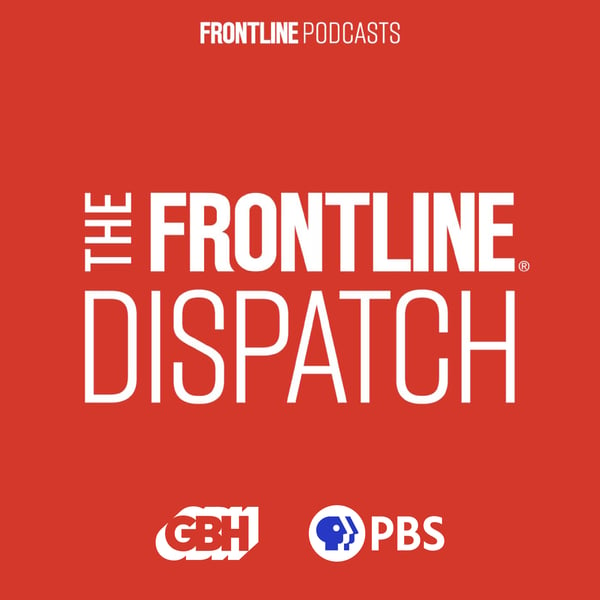‘Unprepared, Part One: Hurricane Helene’s Deadly Warning’ (from NPR’s Up First)
The FRONTLINE Dispatch
GBH
4.6 • 1.1K Ratings
🗓️ 14 June 2025
⏱️ 24 minutes
🧾️ Download transcript
Summary
From The Sunday Story on NPR’s Up First, hosted by Ayesha Rascoe.
NPR correspondent Laura Sullivan examines how the nation is failing to rebuild after major storms in a way that will protect them from the next one.
As climate-related storms become more frequent and severe, NPR and FRONTLINE investigate the forces keeping communities from building resiliently, and the special interests that profit when communities don’t. Despite billions in federal aid, outdated policies, weak building codes, and political resistance are putting lives and homes at continued risk.
This episode was produced by Graham Smith and Andrew Mambo. It was edited by Jenny Schmidt and Robert Little. Kwesi Lee mastered the episode.
This series was co-reported with NPR and FRONTLINE, Jonathan Schienberg, Kate McCormick, Dana Ervin, Lauren Ezell Kinlaw and Refael Kubersky.
You can watch the documentary Hurricane Helene’s Deadly Warning on FRONTLINE’s website, FRONTLINE’s YouTube channel, and the PBS App.
Transcript
Click on a timestamp to play from that location
| 0:00.0 | I'm Aisha Roscoe, and this is a Sunday story from up first. |
| 0:04.6 | Every Sunday, we do something special, going beyond the news of the day to bring you one big story. |
| 0:10.9 | Today, that story comes from Laura Sullivan, a correspondent on the investigations team here at NPR, |
| 0:17.1 | who was on the ground in western North Carolina last fall five days after Hurricane Helene. |
| 0:24.0 | Laura, tell us what that was like. |
| 0:27.2 | Okay, so first, you have to understand that as much as 30 inches of rain fell in some places, |
| 0:33.1 | and all that rain came slamming down North Carolina's mountains, |
| 0:40.2 | just wiping out entire towns. |
| 0:45.9 | And when we got there, many homes were like piles of matchsticks. |
| 0:49.0 | Tractor trailers were smashed into homes. |
| 0:54.2 | There were helicopters carrying pallets of water over our heads to people who were trapped. |
| 0:58.8 | Now, you've covered a lot of disasters. |
| 1:00.8 | Did this one feel different? |
| 1:03.1 | No, that's the thing. I've covered disasters in Florida, New York, Texas, Puerto Rico, |
| 1:08.2 | and each time the type of destruction is different, but the impact, |
| 1:13.5 | the impact is the same. And in North Carolina, standing there in this town called Swananoa, |
| 1:19.5 | it was hard to imagine how any of this was going to work out for anyone. And not only were |
| 1:25.0 | they going to have to look at all the decisions that they had made |
| 1:28.1 | that may have left them vulnerable, but figure out what they want to do now, now that they |
| 1:34.3 | know how bad things can get. You've spent the past eight months on a reporting mission |
| 1:40.5 | with PBS Frontline trying to figure out how exactly communities are building back |
| 1:47.3 | from disasters. And I know from the places you've been that some of the communities have gotten |
... |
Please login to see the full transcript.
Disclaimer: The podcast and artwork embedded on this page are from GBH, and are the property of its owner and not affiliated with or endorsed by Tapesearch.
Generated transcripts are the property of GBH and are distributed freely under the Fair Use doctrine. Transcripts generated by Tapesearch are not guaranteed to be accurate.
Copyright © Tapesearch 2025.

